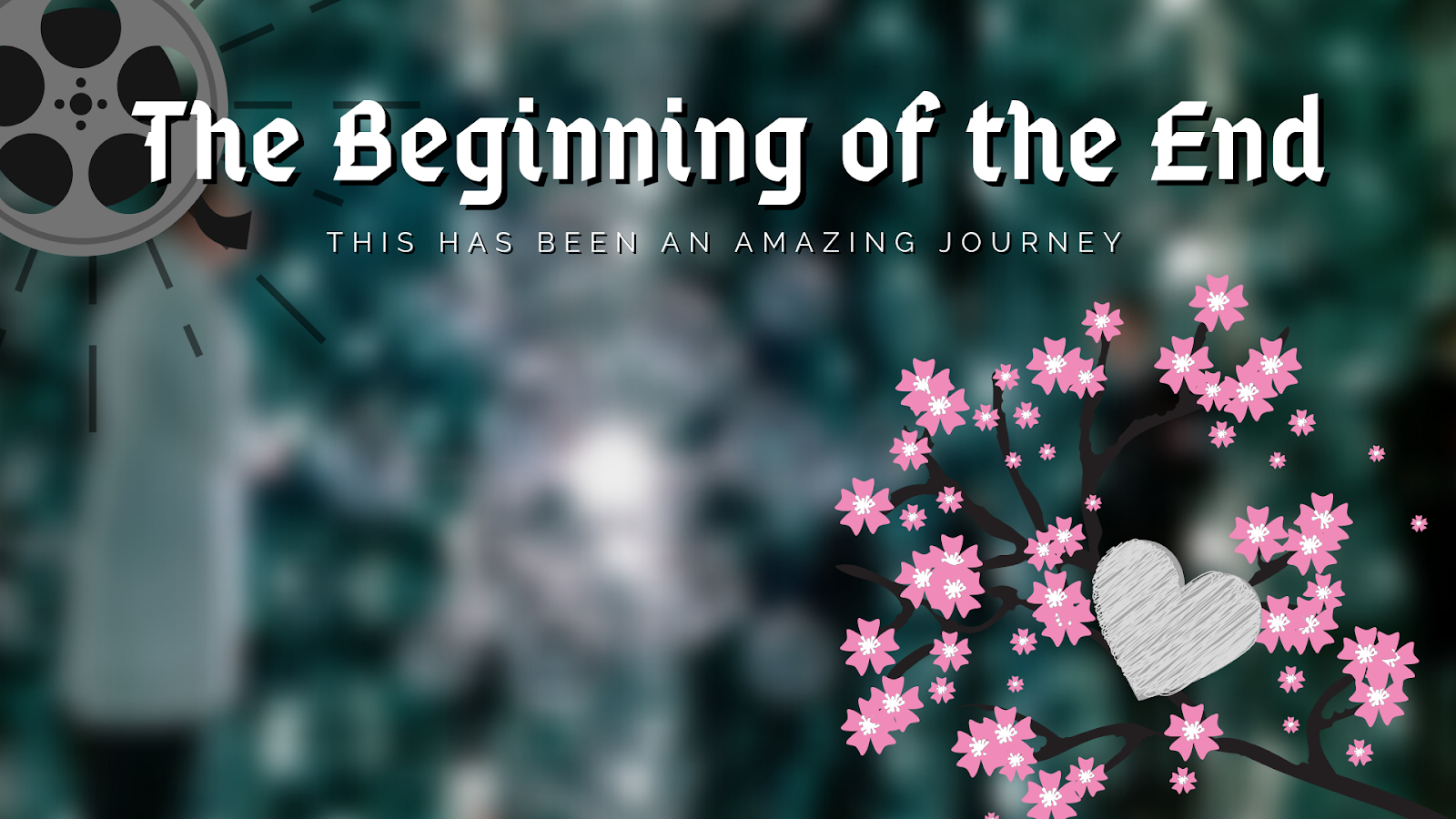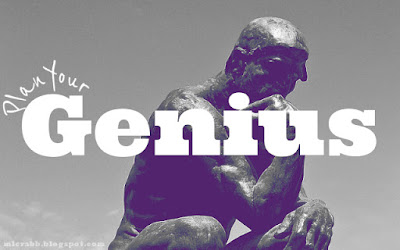Anthem - Review
Anthem by Ayn Rand
I forced myself through this book for two reasons:
1. I've always wanted to read something by Ayn Rand.
2. The novella is public domain, so it is free on
the iBookstore
Anthem is set in a dystopian future (I love a good dose of
dystopian fiction if you haven’t guessed it by now). Rand’s writing in this
particular work is unique and daring, especially considering that Anthem was
published in 1938. What makes it so different? The futuristic society has no
conception of “I.” All manner of individuality has been stamped out over the
years.
I’ve seen complaints
about how it is hard to follow because the main character refers to himself as “we” instead of “I” and “he”
as “they.” I found it refreshing. If done right, experiments in writing (such
as point of view and setting) are a thrill to read--this is coming from someone
who has read her fair share of bad paperweights!
Anthem follows the plight of a young man stuck in a
pluralistic society that has lost all of the scientific and technological
advances that mankind once boasted of. Relics from mankind’s illusive past are
banned, and citizens are prohibited from straying off the path laid before them
by the Council of Vocation.
The council makes him a street sweeper, dashing his hopes of
becoming a scholar. However, it doesn’t stop him from pursuing knowledge. Upon
the discovery of an ancient, man-made tunnel, he begins conducting experiments
of his own. Marvels dazzle his mind, and even though he finds himself falling
for a woman, he continues his quest for knowledge.
He eventually discovers the secret to electricity. Excited
that this innovation will benefit his brethren, he has plans to take it to the
Council of Scholars.
It sounds exciting, doesn’t it? The fun ends there.
Once he flees from the Council of Scholars, he turns into a
running version of Ayn Rand, spouting her chilling viewpoint from every last
corner in his mind. Anthem stops being an entertaining work of fiction and
transforms into a terrible attempt at political commentary.
Some of “his” thoughts made my skin crawl. I found it ironic
(and hilarious), that while “he” was spouting off Rand’s pure objectivism, he
treated his love interest like property. The scene where he said that they
needed to pick names for themselves because they were individuals made me want to delete the novella right
then and there. Why? In the
next heartbeat, he forced a name on her.
If you want to delve into Anthem, my recommendation is to
read it up until the Council of Scholars refuses his discovery. You are better
off writing your own ending for it.
I give it 2/5 Is.
The only reason I gave it an extra I is
because the first half was enjoyable.




